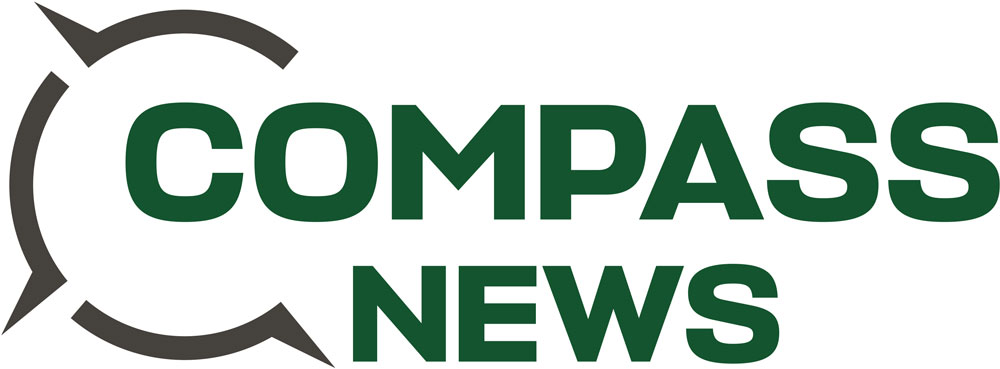Council has unanimously approved a motion signalling Ottawa’s support for a province-wide push for more aid from the federal and provincial governments to address homelessness and addictions issues.
The motion, moved at Wednesday’s meeting by Rideau-Vanier Coun. Stephanie Plante and seconded by Somerset Coun. Ariel Troster, confirms Ottawa’s support of the Ontario’s big city mayors’ caucus draft motion, called the Solve the Crisis campaign, asks for more support from upper orders of government to respond to drug-related deaths and homeless encampments in their communities.
It references reports showing a staggering 3,432 drug-related deaths in Ontario in 2023, while stating that there are an estimated 234,000 Ontarians experiencing homelessness as well as over 1,400 homeless encampments in the province.
The motion asks for financial support, calls on residents to join the city in appealing to the governments, and resolves to send a copy of the motion to several senior government figures, including Prime Minister Justin Trudeau and Premier Doug Ford.
It also requests that the Government of Ontario appoint a single point of contact in these issues, make homelessness a health priority, and strike a task force.
The motion comes at a time when Ottawa Public Health has reported a steady rise in opioid overdose deaths, and the city’s 2023 Progress Report for the 10-Year Housing and Homelessness Plan reported that 988 people were actively chronically homeless in Ottawa. as of Dec. 31.
Also at the meeting, Kanata South Councillor Allan Hubley introduced a motion to consider the implementation of a vulnerable social infrastructure bylaw, similar to the one recently adopted by the City of Vaughan. It was seconded by Mayor Sutcliffe.
The motion cited a 19 per cent increase in hate crimes targeting Muslim, Jewish, LGBTQ2S+ and other minority groups in Ottawa and said Ottawa’s mosques, churches, synagogues and related institutions provide onsite services to vulnerable or targeted members of the community.
The motion said it does not intend to prohibit peaceful gatherings, protests or demonstrations. Vaughan implemented its Protecting Vulnerable Social Infrastructure Byilaw on June 18 and defined vulnerable social infrastructure as religious institutions, schools, childcare centres, hospitals and congregate care facilities.
Staff will consider the feasibility of implementing a similar by-law, in addition to other approaches to address preventing harassment and hate speech, and report to council in Q1 of 2025.

